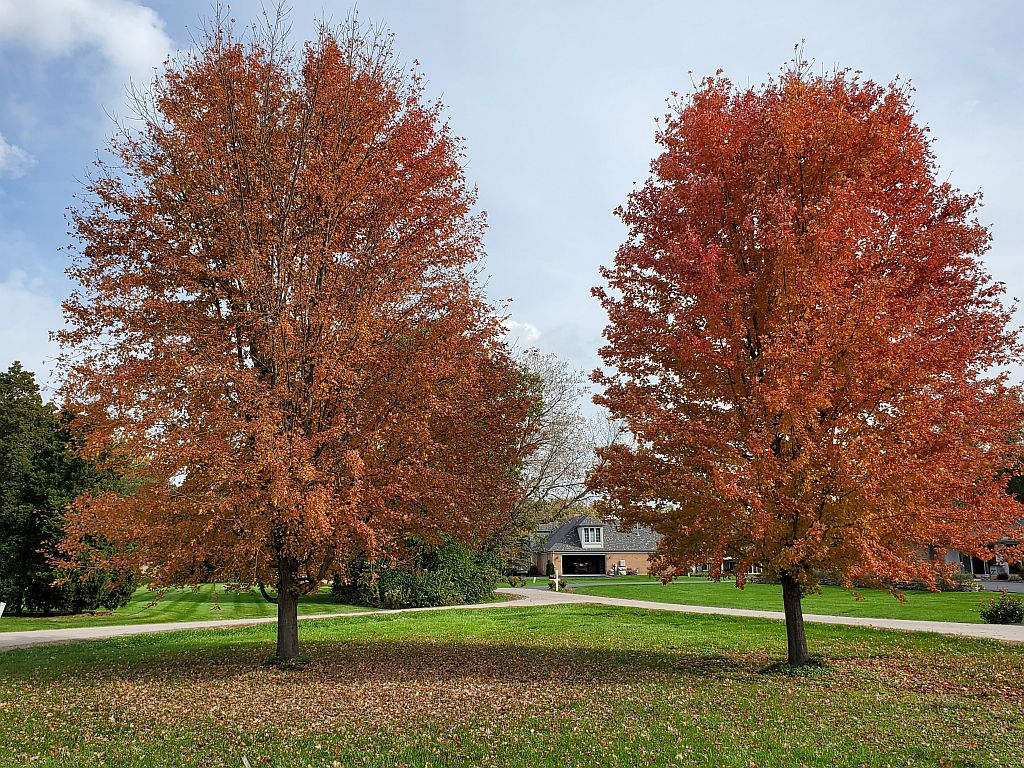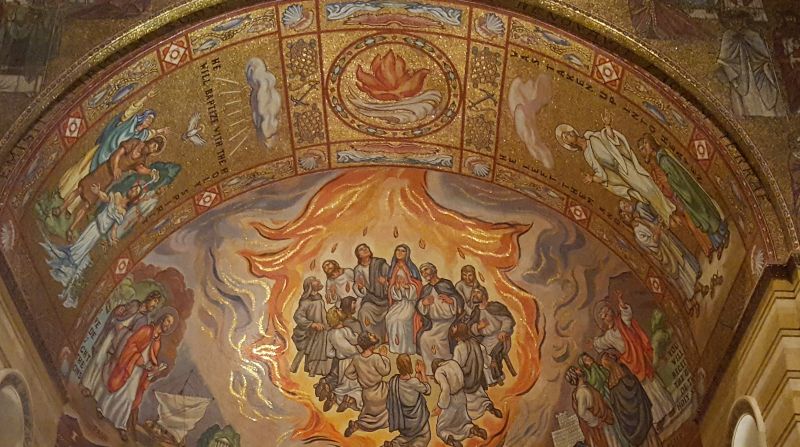
Though the fig tree does not blossom, and no fruit appears on the vine,
Though the yield of the olive fails and the terraces produce no nourishment,though the flocks disappear from the fold and there is no herd in the stalls; Yet I will rejoice in the Lord and exult in my saving God.
God, my Lord, is my strength; he makes my feet swift as those of deer and enables me to tread upon the heights.
These short verses from Habakkuk (3:17-19) is a small portion of one of my favorite scripture passages. For me, it’s always a reminder that even in the face of fear and uncertainty, there is always an opportunity to express faith and trust in God’s awesome majesty and power. However, during this particular Holy Week, this has been a bit more challenging.
All of us are battling the dominant forces and effects of this COVID-19 outbreak. So much so that we cannot help ourselves from being overcome with fear. We have fears after being introduced to new terms such as “global pandemic, social distancing and self-isolation.” We have fears of becoming prisoners in our own homes – quarantined from those we love and our communities of faith. We have fears of losing our livelihood, our ability to socialize, our freedom to do what we want, when we want, and where we want. We have fears of losing our jobs, returning to our jobs, providing for our families and getting back to some sense of normalcy. And we are fearful of this powerful disease that is taking more and more lives ever single day. We can’t help but ask the question: when will this all end?
I’ve been reflecting a lot this week on how the disciples were feeling after Jesus had died and how similar it is to our current situation. Think about it. Jesus had been unjustly convicted, crucified and buried. His friends feared for their lives. They feared that they would be the next ones to die. They feared the uncertainties ahead of them: what to do, where to go, and how to move on. They isolated themselves to avoid any contact with others out of fear of what could happen. They were fearful that life outside of their community of believers would never feel the same again. They had to be asking that same question: when will this all end?
But despite all of their fears, they still held onto their faith. They still believed in Jesus and trusted that his death was not the end – but just the beginning. They were finally starting to understand that they needed to first experience death in order to experience resurrection – to experience new life in Christ; a life that knows no end.
We too must fall back on our faith during this period between death and resurrection, between Good Friday and Easter Sunday. We must believe that whatever comes our way, whatever we encounter, whatever fears overtake us, whatever uncertainties confront us – we are never left alone. We trust that our God and Savior is always with us, especially during the difficult times in our lives. We believe that Jesus is suffering right along with us, holding our hand and guiding us through the darkness. It’s our faith that will bring us that much needed comfort and hope.
On this Holy Saturday, let us rejoice in the Lord and give praise to our saving God. May we, just like the disciples, find the strength to ride out these dark days and patiently wait for the stone to be cast aside – for new life is right around the corner.













